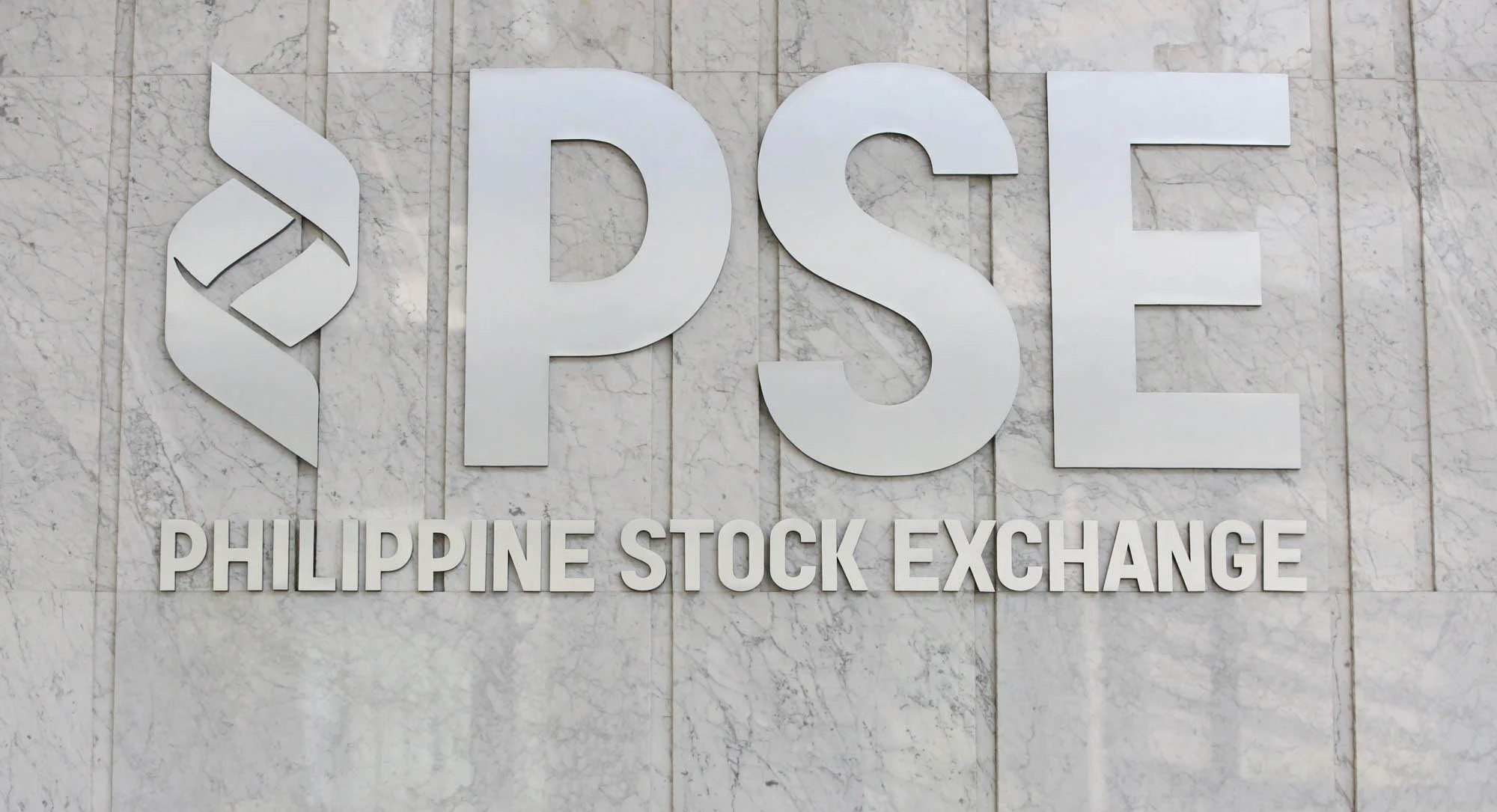
MY family was able to visit the Great Ocean Road when we went to Melbourne, Australia a few weeks ago. This was one of the most meaningful experiences I have had as a tourist given how I was able to reflect about the tourism industry and how important it is to treat management as a vocation.
Indeed, our Great Ocean Road experience is a testament to the power of well-managed ecosystems in providing both convenience and meaning for tourists. I felt grateful toward the seamless integration of various business services that made my family's experience remarkable and meaningful — from the ease of renting a car and making secure cashless payments to the user-friendly navigation apps and reliable mobile connectivity, every aspect of our adventure was relatively smooth.
However, it was not until I reached the Gibson Steps and gazed upon the majestic Twelve Apostles that I fully understood the true significance of this journey. Overlooking the vast expanse of the Southern Ocean and the rock formations, I was overcome by a sense of awe and wonder. The sheer beauty of the landscape, with its towering limestone stacks rising from the turquoise waters, was a humbling reminder of the raw power and magnificence of nature.
Set at the backdrop of a warm sunset dancing with a cool breeze, I realized that this moment was not just about the convenience provided by the business ecosystem. I could even say that this is a spiritual experience that comes from witnessing the intricate dance between land, sky, wind and sea. This dance has been going on for centuries, long before humans ever set foot on this coast, and it will continue long after we are gone.
Reflecting on this experience, I cannot help but wonder how we can emulate this kind of meaningful encounter in the Philippines. Our country is blessed with an abundance of natural wonders, from the pristine beaches of Boracay to the lush forests of the Sierra Madre.
A place that comes to my mind is Coron, Palawan. During our visit to Coron, I was struck by the crystal-clear waters and the stunning limestone cliffs that rise from the sea. The beauty of the landscape was matched only by the warmth and hospitality of the locals, who welcomed us kababayan (compatriot) with open arms.
Thus, we must approach tourism management as a form of stewardship. This means taking a holistic view of the ecosystem, considering not just the business services that facilitate the experience, but also the environmental and social impact of tourism activities. It means working closely with local communities to ensure that they are not only benefiting economically from tourism, but also have a voice in shaping the future of their own landscapes and cultures.
One key insight from my Great Ocean Road experience is the importance of collaboration and partnership in creating a seamless and meaningful tourist experience. The various businesses involved in the ecosystem, from the car rental companies to the app developers and connectivity providers, all played a crucial role in ensuring that visitors could fully immerse themselves in the beauty of the landscape. In the Philippines, we must foster similar collaborations between the public and private sectors, as well as between different industries and stakeholders.
Another important lesson is the value of authenticity and sustainability in tourism. My Great Ocean Road experience was not about a manufactured or artificial encounter with nature, but rather about allowing visitors to witness the raw beauty of the landscape in its purest form. Similarly, in the Philippines, we must strive to create tourism experiences that are rooted in the unique culture, history and ecology of each destination.
Ultimately, the goal of tourism management should be to create meaningful experiences that enrich the lives of both visitors and local communities. By approaching management as a form of stewardship, we can ensure that the benefits are shared equitably and that the natural and cultural wonders of our country are preserved for generations to come. To manage is to be stewards of God's creation.
Patrick Adriel H. Aure, PhD (Patch) is the director of the PHINMA-DLSU Center for Business and Society and assistant dean for quality assurance of the DLSU Ramon V. del Rosario College of Business. He is also the current president of the Philippine Academy of Management. patrick.aure@dlsu.edu.ph
Read The Rest at :








